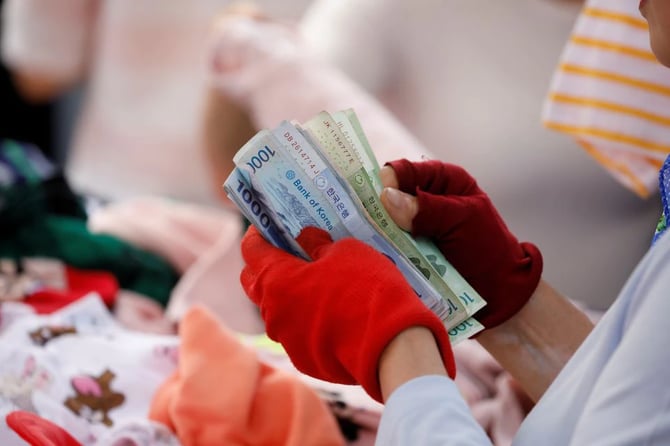South Korea’s Consumer Prices Rise Rapidly

South Korea, Asia’s fourth-largest economy, saw its consumer price index rise to 4.8% in April from 4.1% in March.
The country’s consumer prices rose in April at their fastest pace in nearly 14 years due to red-hot food and energy prices in the latest sign of high inflation catching up in Asia.
Core inflation, which excludes volatile energy and food prices, rose to 3.1% in April on a year-on-year basis, up from 2.9% in March and the highest since May 2009.
The climb in prices is likely to increase pressure on the Bank of Korea, whose new governor Changyong Rhee has raised concerns about mounting inflation risks, to increase interest rates at its upcoming policy gathering on May 26.
The Bank of Korea, seen as one of the region’s more hawkish central banks, last month announced an unexpected 0.25% interest rate increase, taking the benchmark rate to 1.5%.
Singapore and New Zealand also raised interest rates last month amid increasing inflation worries, while Australia is projected to announce the first of a series of rate hikes on Tuesday.
What does this mean for me?
After avoiding the soaring inflation seen in the US and Europe, Asian economies have become increasingly concerned about consumer prices amid inflationary pressures, including the war in Ukraine and pandemic-related supply-chain issues.
As an Asian market investor, be on the lookout for opportunities related to higher interest rates, such as Asian bond yields that could increase in the short term.
More News
.webp)
Japan’s Rate Shift Is Rippling Through Global Bond Markets

China’s Growth Engine Stalls as Consumers and Investors Pull Back

Egypt’s Recovery Gains Traction as Household Pressure Lingers

OECD Warns AI and Tariffs Will Test the Global Economy

Zero Tariffs, Higher Drug Bills as US and UK Reset Pharma Trade

Catastrophe Bonds Go Global as Climate Risk Meets Yield Hunting
.webp)
Canada Shields Steel and Lumber Industries From Tariffs
